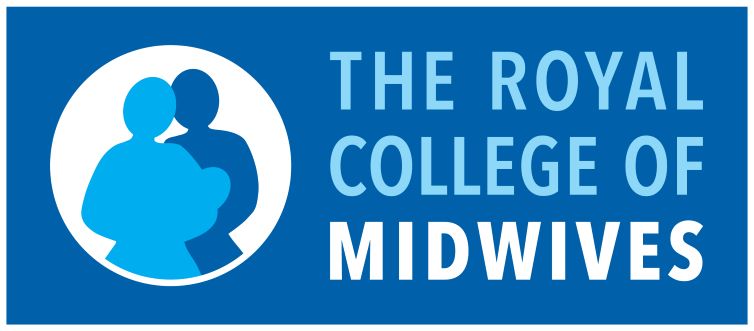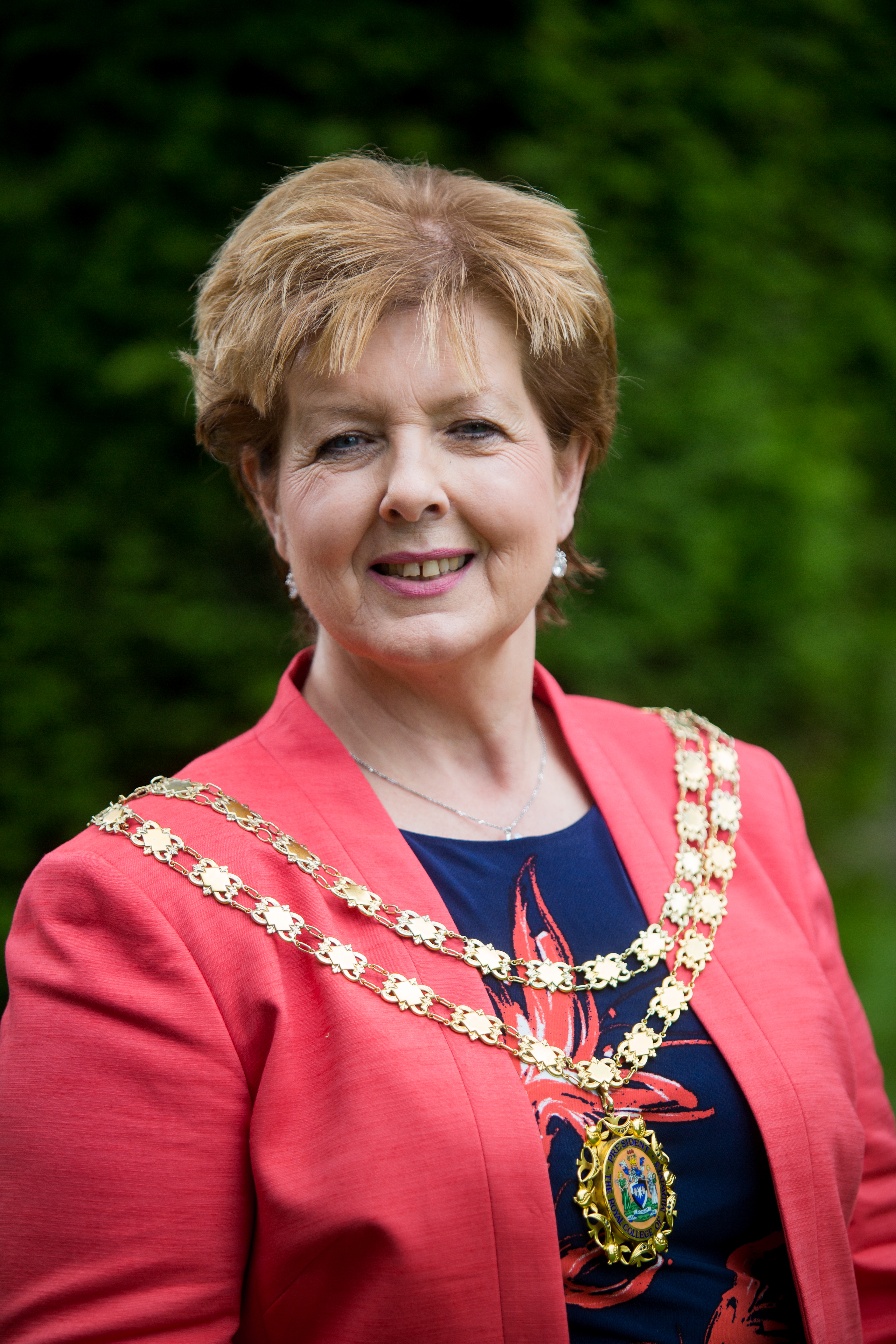Dr Kathryn Gutteridge, President of The Royal College of Midwives
June 2019
Maternity and neonatal care is an important sector of the NHS and as such attracts a great deal of interest from maternity users and from those clinicians who work in this demanding area. In our society, prospective parents invest a great deal in their pregnancies in a way that would have been unthinkable to our grandparents. This means that women and their partners have higher expectations about the service and care provision that they will receive. Thus, it is incumbent upon us that any care is evidence-based and clinicians working within maternity are working within these standards and pathways.
NICE has provided maternity and neonatal services with a wide range of guidance and standards that have modernised and streamlined care, improving health outcomes for women and their babies. Much progress has been made with the implementation of mental wellbeing screening programmes during pregnancy that decrease the impact of any underlying or impending psychiatric illnesses. This has reduced the stigma of mental illness during parenthood and helped to increase access to interventions and specialist services. However, there is still a need to remain focussed as mental health inpatient services for severely ill women are minimal, despite the maternity transformation work that is ongoing. All maternity clinicians are expected to enquire and report where mental wellbeing is liable to change and access to specialist support is necessary.
In recent years the administration of sodium valproate use in controlling bipolar disorder and epilepsy in childbearing women has caused concern. According to the MHRA there remains variation in practice despite the compelling evidence that it can cause an embryo fetus to develop abnormally, causing distress to the family. Many maternity units in England support this evidence and, where a woman presents to them in pregnancy taking this medication she will be offered and prescribed alternative treatment. General practice and primary care are informed of these changes through their CCG but there remains a need for vigilance to improve the current level of advice.
Multiple pregnancies generate challenges in care provision. Excellent work has been achieved with collaboration between health providers and TAMBA in producing a pathway that seeks to optimise health for all. Although a multiple pregnancy is a minority in many maternity services it has the potential for increased obstetric and neonatal care demand in all areas of perinatal care. Parents require increased support and information which is best delivered within a multidisciplinary approach.
NHS England’s programme ‘Saving Babies Lives’ is well underway and the expected reduction of harm at birth and reducing stillbirth is being closely monitored. Multiple pregnancies are at increased risk of falling into these statistics which is why any targeted programme of care is welcome. The introduction of Continuity of Carer as directed within the report ‘Better Births’ will assist in reducing duplication and avoid separate appointments with a range of clinicians. As a result, care will be provided by a small multidisciplinary team who attend the woman throughout her pregnancy. TAMBA pilot sites found that approaching care in this way and applying NICE pathways reduced unplanned caesarean sections and neonatal admissions.
Examples in this report of smaller maternity units seeing fewer women with multiple pregnancies and consequently working collaboratively with neighbouring units will improve outcomes for those pregnancies. Access to fetal medicine expertise, ultrasonography, specialist midwife, neonatology and infant feeding advisor as part of a multidisciplinary team approach will ensure that the pregnancy is optimised for a healthy mother and baby.
Any maternity improvements must demonstrate validity for women and their families and be easily implemented for clinicians working at all levels. The results seen within this report when applying NICE’s guidance are compelling. They should be strongly implemented by all maternity providers as part of improving health and wellbeing for mothers and their babies.

